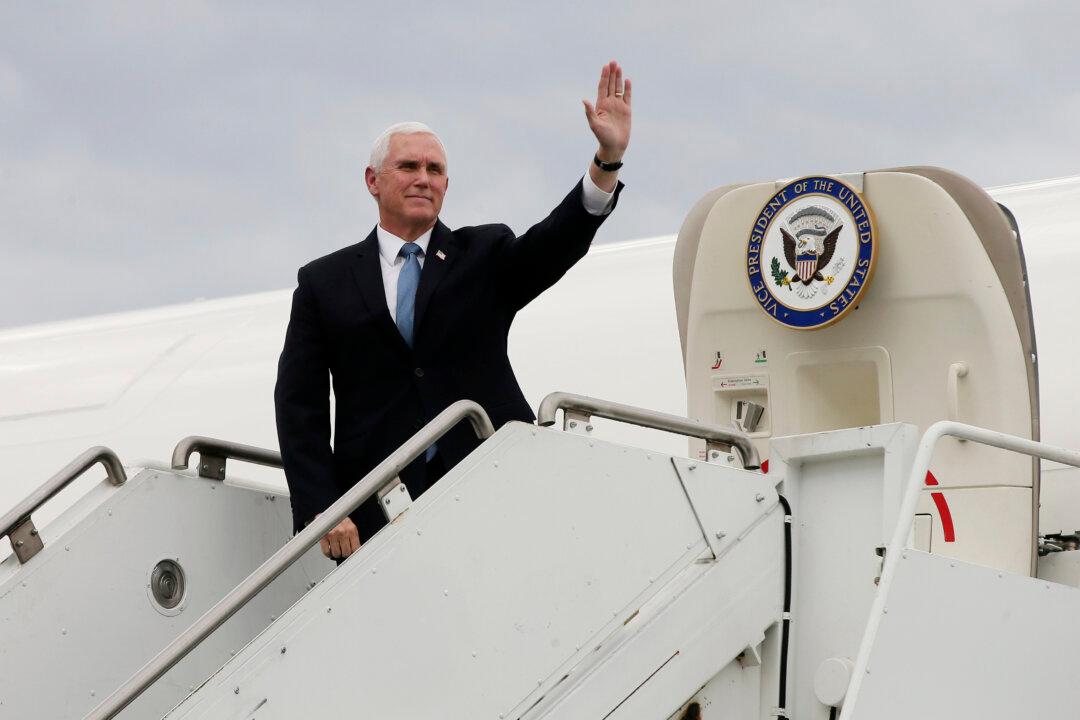Vice President Mike Pence says that the Trump administration is strongly opposed to censorship of conservatives by social media and big tech companies, and that suppression of conservative voices ahead of the November general election will be met with a response from the White House.
“Well, the president has made it very clear that we are not going to tolerate censorship on the internet and social media against conservatives,” Pence told Breitbart in an exclusive interview on May 22. “We’re just not going to tolerate it.”





